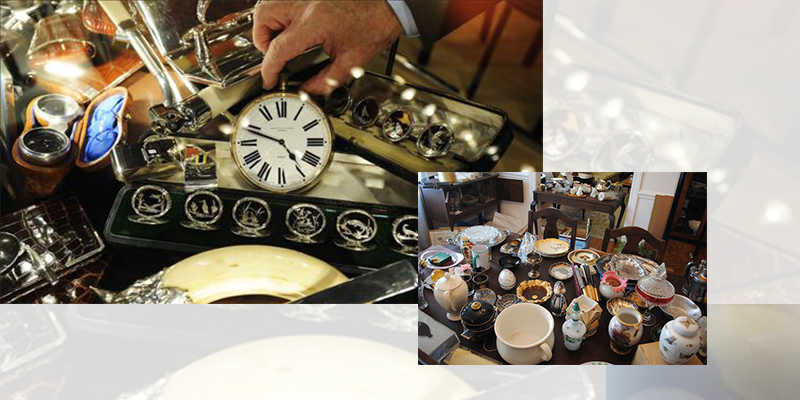Estate Sale vs Estate Liquidation
- Posted on 26th May 2016
- in estate liquidators
- by Alan
People have many reasons to hold an estate sale or to liquidate the contents of a home. Many people have to empty a home because a loved one died and they inherited it. Other reasons are downsizing, retirement, financial problems, or divorce. Regardless of the reason, if you want to get the most money you can from the contents of the house, and you also want to empty it of the contents, you have several options – a family estate sale, a professional estate sale, or estate liquidation.

Family Estate Sales
A family estate sale is one that is handled completely by family members with no professional sales person involved. The advantage to this type of sale is that you have no fees to pay the estate salesperson. All of the revenue from your sale is yours. Though this may sound good, there are very important things to consider when opting to go this route.
You and your family members will have to sort through everything you want to sell and price it, organize it, arrange it and set up the sale with tables and display areas. You will also have to advertise. The day of the sale can be very trying. Along with dealing with the public, you will have to endure remarks made about your items, you may price it too high or too low which will affect your sales. Worst of all, you may under price items that have a high value which will be picked up for a song by savvy buyers. Lastly, you have to dispose of whatever was not sold.
Professional Estate Sales
If you opt for the services of a reputable estate sales firm, you will have to pay a commission on the gross sales, usually 25-35 percent, but what you get for that is worth it. Professional estate liquidators know their business and have clients that are routinely notified of their sales. This is invaluable, but the advantages don’t end there. These people know what your possessions are worth.
With a professional liquidator, you will be relieved of the burden of organizing your possessions. They will have you pick out what you would like to keep and then they will sort, group, organize, price, and beautifully display what you have. They will recognize antiques and items of value, research them and price them accordingly, and your goods will be sold for what they are worth.
The disadvantage of a professional estate sale is that whatever is left after the sale you have to dispose of or pay an extra fee to have them dispose of it for you.
Estate Liquidation
If you opt for an estate liquidation, you have to do nothing. Up front, you contract for the cost of the sale, usually a percentage of the gross. Prior to the sale, the liquidators will have you go through the house and remove anything you want, or they may isolate it so it won’t be sold. They will photograph, research, clean, sort and market your sale items. They will send out invites to clients and add fliers to your neighborhood. These upfront costs are borne by the liquidator and are reimbursed from the gross proceeds of the sale.
If during the course of their research they discover that you have specialized items, or particularly popular items, they may send them on to auction. Sending items to an auction that specializes in these items will typically fetch a better price than simply selling it outright.
On the day or days of the sale, they will have arranged your goods and grouped them in various ways to attract buyers. They handle everything related to the sale including setting up tables and display cases and tarps for outdoor sales if the weather is bad. They keep receipts for what was sold, and for how much. Finally, they will empty your entire estate and leave your home empty and ready to sell.
Of course there are situations where you must sell as soon as possible. This frequently happens when someone dies and the family needs to sell the property quickly, perhaps because they are from out of state. In cases such as these, liquidators will buy out the entire estate. This saves you time and money.
